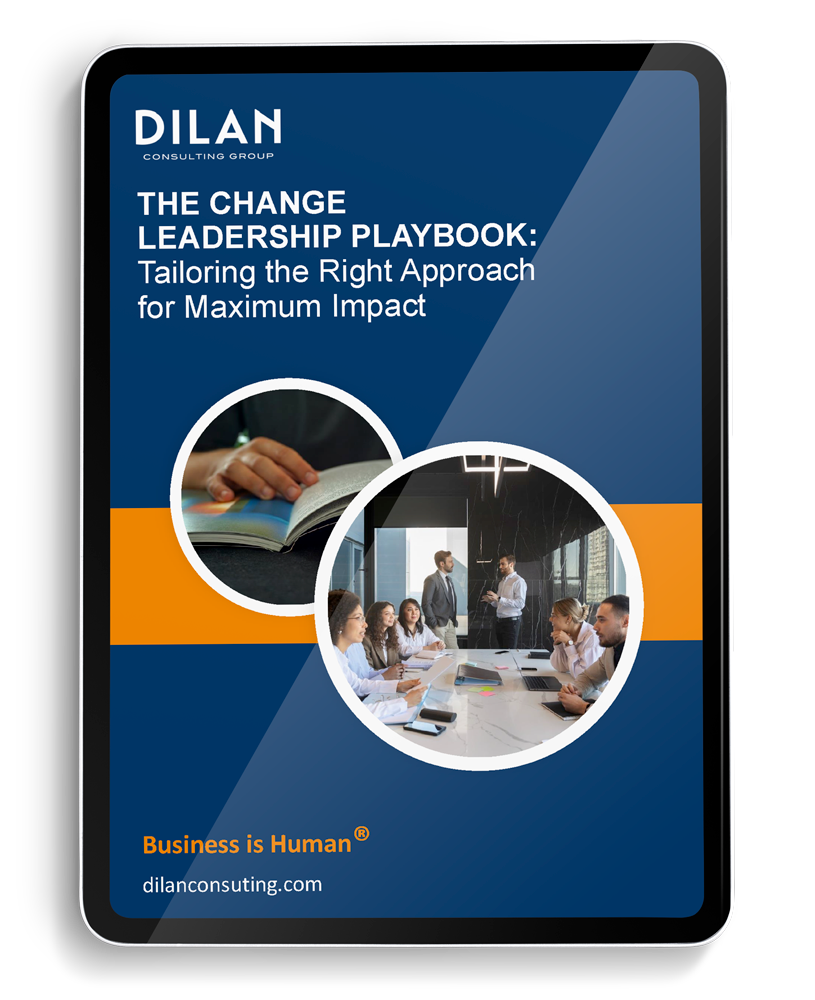In the realm of organizational development, understanding the nuances of inclusive leadership is paramount. Inclusive leadership is a style of leadership that values and includes different perspectives and backgrounds. As a clinical psychologist specializing in this area, I have had the privilege of witnessing the transformative power of inclusive leadership practices on workplace culture and performance. It underscores the imperative of embracing the human element in leadership to foster a culture of inclusiveness, empathy, and respect.
Inclusive leadership is not just a moral imperative but a strategic one. Research and writings by thought leaders and authors such as Jennifer Brown, Charlotte Sweeney, Ernest Gundling, and Bernardo Ferdman have significantly contributed to our understanding of how to cultivate an inclusive leadership culture effectively. Drawing from their insights and my own experience with organizations of all types and sizes, I propose a list of actionable strategies that senior HR professionals and C-suite leaders can implement to become more inclusive leaders.
- Embrace Self-Awareness: Start by reflecting on your own biases and behaviors. Jennifer Brown in “How to Be an Inclusive Leader” emphasizes the importance of self-awareness as the foundation of inclusive leadership. Understanding your own biases allows you to mitigate their impact on your decision-making and interactions with others.
- Cultivate Curiosity: Encourage a culture where questions are welcomed, and learning about different perspectives is valued. Charlotte Sweeney’s work in “Inclusive Leadership” highlights curiosity as a critical component in understanding the diverse experiences and needs of team members.
- Implement Structured Listening Sessions: Create spaces where employees feel safe sharing their experiences and ideas. According to Ernest Gundling, in “Inclusive Leadership – Global Impact”, listening is a powerful tool for inclusion, as it helps leaders understand the varied dimensions of diversity within their teams.
- Foster a Culture of Respect: Respect is fundamental to an inclusive workplace. It involves recognizing the inherent worth of every individual, appreciating the diversity of thought, and treating everyone with dignity. This principle is echoed across the literature on inclusive leadership and is central to creating an environment where everyone feels valued and heard.
- Lead with Empathy: Develop the ability to understand and share the feelings of others. Empathy allows leaders to connect with their teams on a deeper level, fostering a sense of belonging and support. Bernardo Ferdman, in “Inclusive Leadership”, argues that empathy is crucial for leaders to effectively address and navigate the complexities of diversity and inclusion.
- Champion Diversity and Inclusion Initiatives: Be an active supporter of policies and programs that promote diversity and inclusion within your organization. This involves not just endorsing these initiatives but also participating in them to signal their importance to the rest of the organization.
- Encourage Mentorship and Sponsorship: Support the growth and development of all employees by facilitating mentorship and sponsorship opportunities. This can help break down barriers to advancement for underrepresented groups and ensure that talent from diverse backgrounds is nurtured and recognized.
- Model Inclusive Behavior: Actions speak louder than words. By modeling inclusive behavior, leaders set the standard for the rest of the organization. This includes being open to feedback, admitting mistakes, and showing a genuine commitment to personal and organizational growth in diversity and inclusion.
- Promote Transparent Communication: Ensure that communication within the organization is open, honest, and inclusive. This includes being clear about decision-making processes, providing equal access to information, and encouraging a two-way dialogue.
- Measure and Celebrate Progress: Establish clear metrics to track the progress of diversity and inclusion efforts within your organization. Celebrating milestones and successes reinforces the value of these initiatives and motivates continued effort and improvement.
As you contemplate the journey to becoming an inclusive leader, I encourage you to connect with me personally. Together, we can craft a tailored strategy that addresses your distinct challenges and opportunities. The entire DILAN team and I stand ready to support your quest to cultivate a culture enriched by diversity and inclusivity. Reach out, and let’s transform these insights into meaningful actions for your organization.




